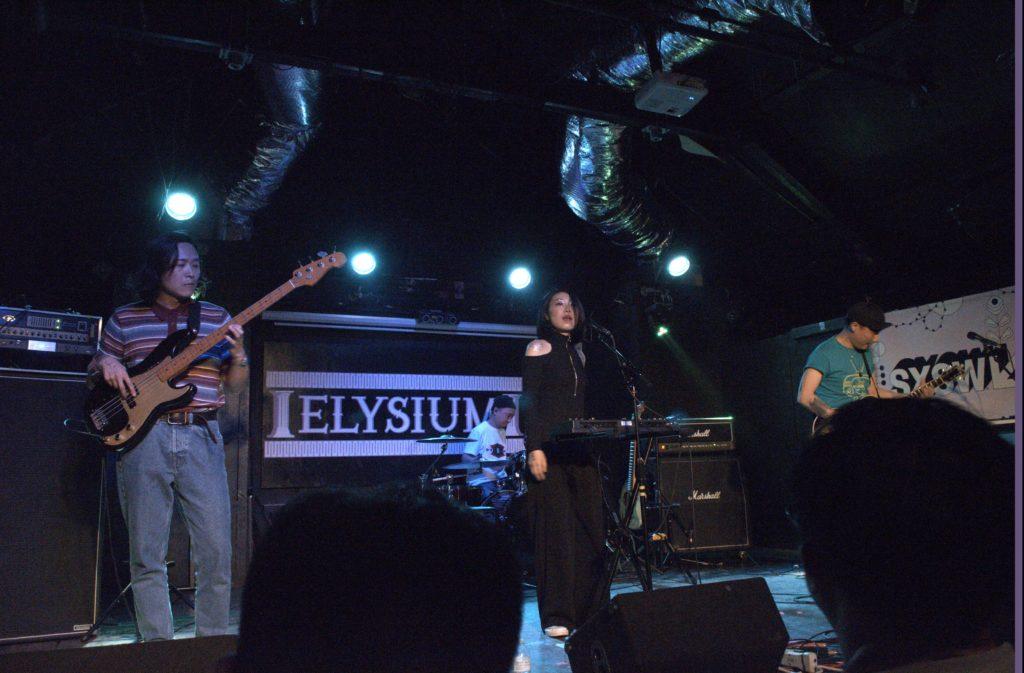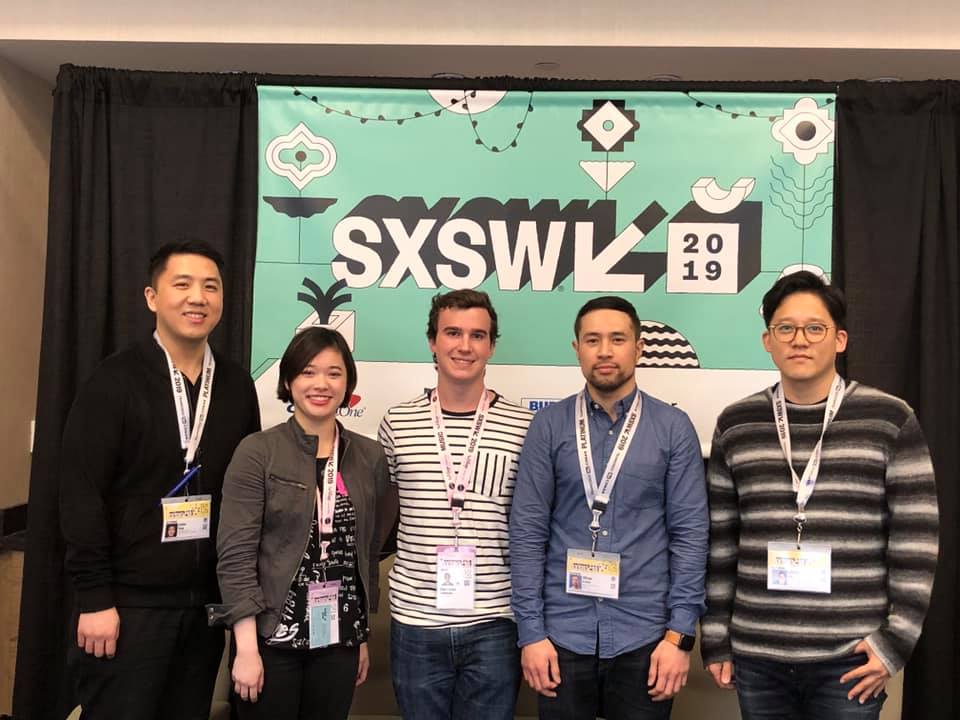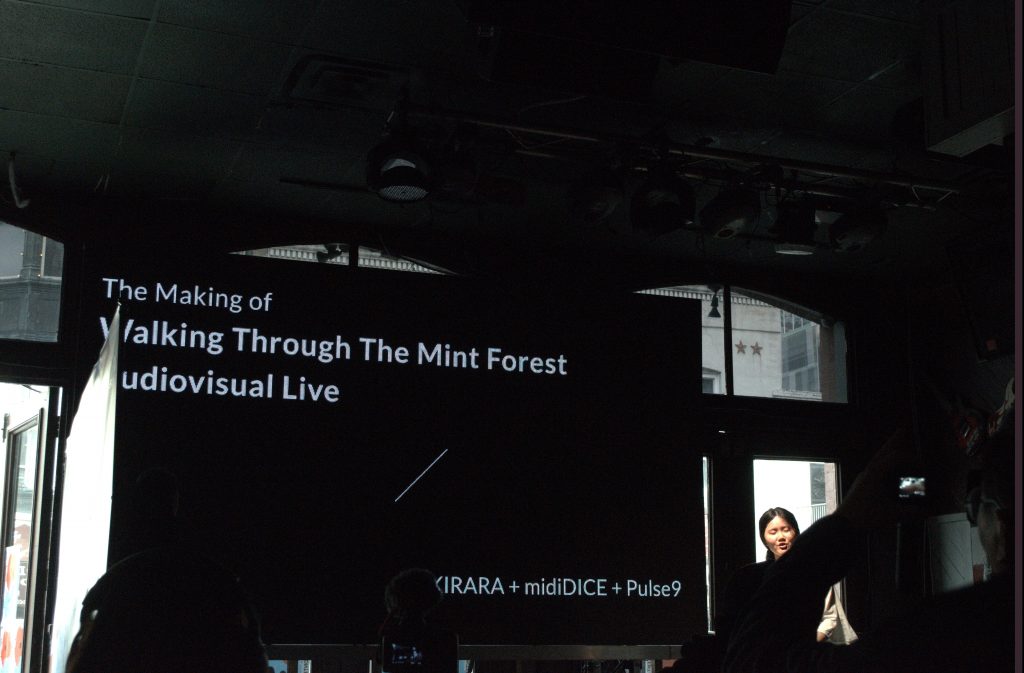By Rachel Bui
As a first time SXSW attendee, I had no clue what I was doing. By Saturday I was so exhausted it took 3 days for me to fully recover. Regardless, I still had a blast. Click here for our article on tips for SXSW.
Monday, March 11
I attended the CaoTai Music China Stage. Talking to the CEO that night, the showcase was another instance of introducing Chinese music to Americans, specifically experimental Chinese music. He discussed how each growing nation has to overcome certain reputations (e.g. Japanese goods were viewed as lower quality in the 1950s and 1960s, but are today known for advance technologies). He hopes that China will soon overcome their reputation of cheap goods as well. When asked about potential issues to export music to America due to U.S.-China hostilities, the man asserted that music is a universal connector between people, and that music will always overcome politics. Performers included AEM, 3HE, The Upside Down (an interview with them is currently in postproduction), LIA LIA, and SHAO. A recurring theme of the music that night was the fusion of traditional Chinese music, dream pop, and indie rock.

Tuesday, March 12
Tuesday afternoon both Harrison and I attended a SXSW’s Feature Speaker Connect session, an invite-only roundtable discussion with people in the music industry. Our round-table speaker was Chris Lee of SM Entertainment, a major Korean entertainment company, as well as two other attendees and a SXSW moderator. Most of the discussion centered around the company’s plan to expand to the American market (they recently relaunched its SM USA office in L.A.) as well as a thorough explanation of SM’s creative process. What makes SM Entertainment more than just a music label are the other sectors within the company. All of the music process happens in house (e.g. production, writing, management, training, etc), and SM has their hold in sports, modeling, stage production, acting, and more.
Producing music seems more of a calculated operation at SM Label, since the process begins with researching trend cycles in music history and predicting when to release songs at the peak of the next trend. With investments in the Korean industry heavily reliant on chart performance, songs with too much experimental sounds provide a liability to the label, hence SM limits being a pioneering tendencies and leans towards playing it relatively safe.
Despite the roundtable sounding like an investment pitch, I appreciated the occasional candid responses to journalistic questions my peers and I asked. When asked about settling creative differences between SM producers and Western collaborators (e.g. SM collaborated with John Legend for a song), Chris said that instead of spokespersons mediating these differences, SM producers would sit down with artists involved to make sure that the final product is something both parties are happy with.

After the roundtable, I went to the Corea Impact presented by KOCCA, where several companies in the Korean music industry showed off their programs for music production and stage enhancements. One company exhibited an impressive AI program that replicated accurate renditions of nature-based sound recordings, like rain in a forest or a breezy afternoon. The showcase also previewed artists that were going to perform the next day at the Korea Spotlight stage, Kirara and Jambinai (link to an interview with Jambinai found here). The lasting impression of COREA Impact: Korea’s not messing around with their music production equipment and programs.

To be honest, I should have skipped out on the free cocktail at the showcase, considering I didn’t sleep the night before, but of course I didn’t learn my lesson from the previous weekend, so mixing caffeine, alcohol, and sleep deprivation lead me to missing virtually the whole Bangkok Music City / Playtime Festival Mongolia showcase. For what it’s worth, the one act I did see had great headbanging-rock music.
To continue the rest of the SXSW Music Recaps, click here.

